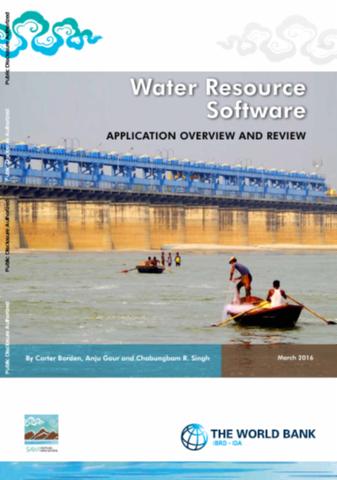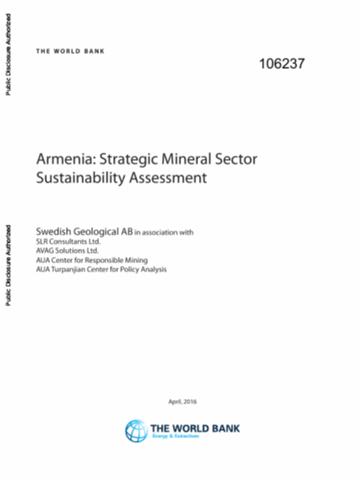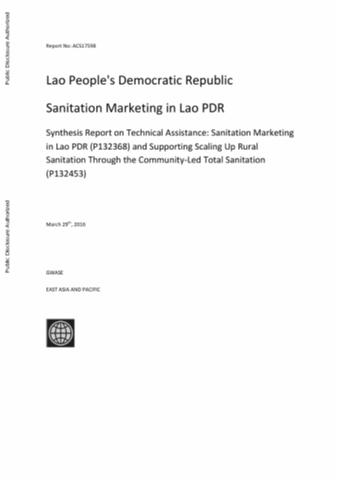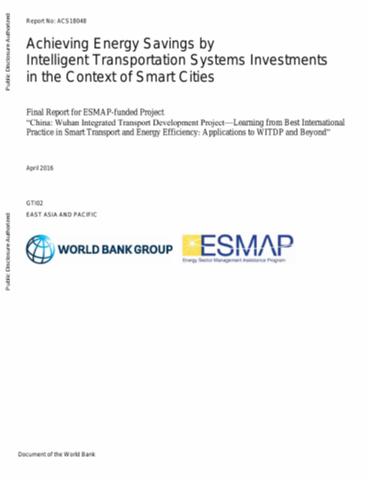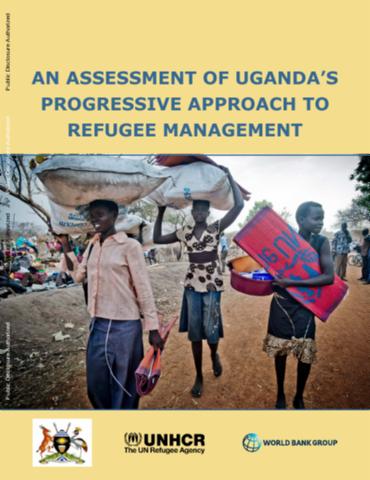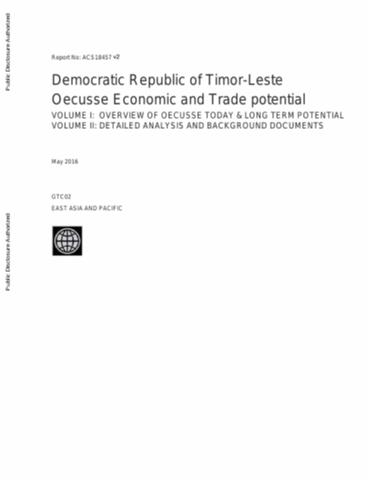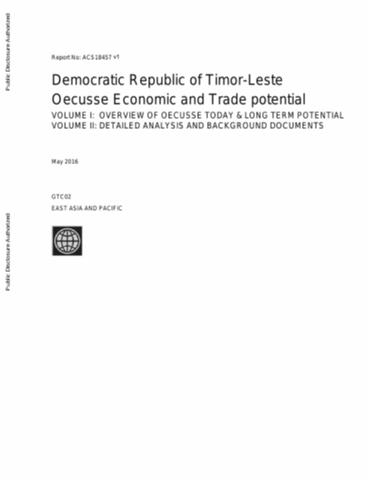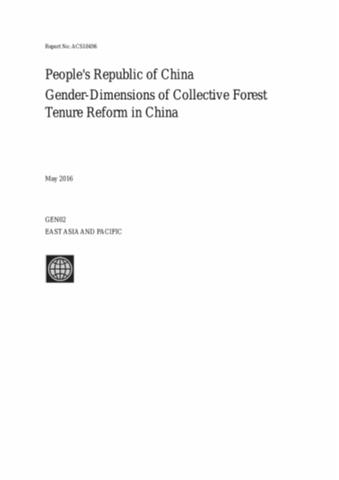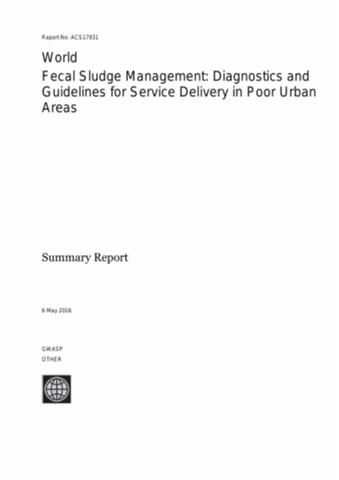
Topics and Regions
Details
Location
Contributions
Displaying 551 - 560 of 630Water Resource Software
This document provides an overview of how water resource software’s (WRS) are used to manage water resources issues, criteria for WRS selection, and a high level review of WRS currently available that central and state governments of India can use for water management. The water resource issues covered include water allocation and planning, flood management, groundwater management, conjunctive use, water quality, and sediment transport.
Armenia
This report provides a review of the Armenian mining sector, and assesses its potential to contribute to sustainable economic growth and development. Based on the findings, it provides recommendations for initiatives and actions for the future development of the sector. The report was produced in the period October 2015 to April 2016.
Sanitation Marketing in Lao People's Democratic Republic
This report summarizes the results, lessons and recommendations to the Government of Lao PDR from two Technical Assistance projects (TA) “Supporting Demand Creation for Sanitation through Community Led Total Sanitation” and “Sanitation Marketing in Lao PDR” carried out by the World Bank’s Water and Sanitation Program between October 2012 and December 2015. The development objective of the TAs was to increase improved sanitation and hygiene practices and change community behavior to achieve Open Defecation Free (ODF) status at the village level.
Achieving Energy Savings by Intelligent Transportation Systems Investments in the Context of Smart Cities
Faced with the challenge of providing adequate transport services with limited resources, cities have, for several decades, been investing in Intelligent Transportation Systems (ITS). ITS utilize Information and Communications Technology (ICT) to make more efficient use of existing transport infrastructure with the aim of improving transport services and reducing congestion, accidents, and air pollution.
An Assessment of Uganda's Progressive Approach to Refugee Management
Refugees in Uganda are either self-settled or live in organized settlements that cover approximately 350 square miles of land set aside by the government of Uganda. Many refugees, especially in the northern districts, are in protracted displacement, and the Ugandan constitution prohibits the naturalization of an offspring of a refugee, even if he or she is born in Uganda and even if one parent is Ugandan.
Timor-Leste - Oecusse Economic and Trade Potential
This report responds to a request from the Government of Timor-Leste (GoTL) and Dr. Mari Alkatiri. The request was for World Bank assistance to collaborate on a range of studies relating to opportunities in the special economic zone, including community development, trade and competitiveness, and regional integration. The analysis builds on a situation analysis prepared by the Zona Especial de Economia Social de Mercado (ZEESM) authority in March 2014.
Timor-Leste - Oecusse Economic and Trade Potential
This report responds to a request from the Government of Timor-Leste (GoTL) and Dr. Mari Alkatiri. The request was for World Bank assistance to collaborate on a range of studies relating to opportunities in the special economic zone, including community development, trade and competitiveness, and regional integration. The analysis builds on a situation analysis prepared by the Zona Especial de Economia Social de Mercado (ZEESM) authority in March 2014.
Gender-Dimensions of Collective Forest Tenure Reform in China
The reform of China's collectively owned forest land, began in 2008, is arguably the largest land-reform undertaking in modern times in terms of area and people affected. Under the reform, forest lands have been contracted to rural households, allowing them more independence in exercising their rights and interests in the forest lands, giving them more opportunities to improve family incomes, and creating incentives for them to cultivate, conserve, and manage forests. These lands are home to some 610 million people, many of them poor.
Fecal Sludge Management
Urban sanitation remains a significant challenge for most low- and middle-income countries. While sanitation coverage has been increasing across both the 48 least developed countries (LDCs) and developing regions as a whole, progress has been relatively slow. In many cities, even where improved on-site facilities are used to contain excreta, the level of quality and access to services for the emptying, conveyance, treatment, and disposal of the resulting fecal sludge is usually limited. These services are collectively called fecal sludge management (FSM) services.
Rules on Paper, Rules in Practice
The primary focus of this book is on a specific outcome of the rule of law: the practical enforcement of laws and policies, and the determinants of this enforcement, or lack thereof. Are there significant and persistent differences in implementation across countries? Why are some laws and policies more systematically enforced than others? Are “good” laws likely to be enacted, and if not, what stands in the way? We answer these questions using a theoretical framework and detailed empirical data and illustrate with case studies from Morocco, Tunisia and Jordan.

